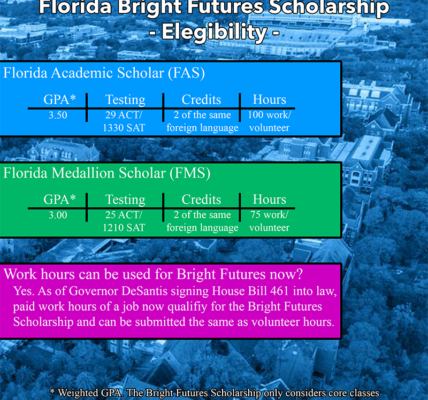By Jack Landis
With the new decade upon us, we can expect many new and great things. Better technology, new music, more movies, there’s even a Presidential Election later this year. And then there’s the more mundane, but equally important: the U.S. Census. Stipulated by the Constitution, every ten years the Federal Government conducts a count of every person currently living in the fifty U.S. states, Washington D.C., and five territories. Again, it may sound boring, but it’s actually absolutely crucial. This is because the numbers of people counted change how state districts are drawn, how many Representatives the State sends to the House, how much funding an area receives, and virtually how we view our country as a whole for the next decade. So, with all this on the line, the Census should be as accurate as possible, but with all that new technology, it may be doomed from the start.
The Census, conducted by the Census Bureau (part of the Dept. of Commerce), is mandated outright by Article I, Section II of the Constitution every ten years. From the Census Bureau’s website, the Census “provides critical data that lawmakers, business owners, teachers, and many others use to provide daily services, products, and support for you and your community. Every year, billions of dollars in federal funding go to hospitals, fire departments, schools, roads, and other resources based on census data.” In fact, Ponte Vedra High School itself is affected by the Census, as the area has seen exponential growth over the past five years alone, the school would be most benefitted if the Census was the most accurate.
Ponte Vedra High School itself is affected by the Census, as the area has seen exponential growth over the past five years alone
The Census is conducted with a fairly simple algorithmic process: try and get as many people as possible to fill out the Census forms by themselves, and then mobilize to collect data from those who don’t. The goal is to get as accurate a count, with the least amount of time and tax dollars spent (the Census is very expensive, upwards of $15 billion), so clearly the more people the Census Bureau is able to ensure self-respond, the easier the follow-up workload. To help ease this logistical mega-problem, the Census Bureau has researched four areas to try and improve efficiency: using the Internet to increase self-response, using existing government data sources to answer census questions and reduce follow-up workload, automating operations to increase productivity and reduce staff and offices, and using existing maps and address to reflect changes rather than walking every block in every neighborhood in the country. A lot has changed since 2010, and the Census hopes to use this change to make their jobs a lot easier. Not to mention the fact that if you don’t fill out the Census, you can actually be fined up to $1,000, so the Census can know for sure, they’re going to get as many people as they can.





